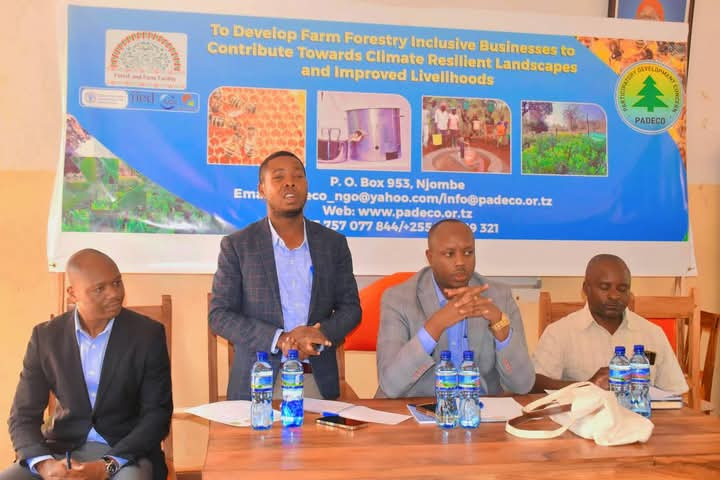Ever wondered how PADECO successfully implement projects, even in the face of resource shortfalls, while ensuring their sustainability -long after the phase out of funding? When working on our humanitarian and development projects, we recognize the critical importance of stakeholders’ involvement.

A Harvard Business Review article states that 80% of project failures are due to people factors.
Essentially, stakeholders are major contributors to the success or failure of projects across different dimensions. Therefore, secret behind we prioritize understanding on the dynamics of their priorities, level of influence, and the degree to which they might affect or be impacted by the project.
Engaging stakeholders offers plenty of practical benefits, particularly; risk management, such as preventing the duplication of efforts and resources, building trust and healthy relationships, fostering problem resolution, sharing vital information and actionable insights, collecting feedback, and managing expectations, among other things. Ultimately, leads us to establish long-lasting success and impacts. Throughout the entire project lifecycle—from problem analysis and design to planning and evaluation—we ensure that the voices of the communities and beneficiaries we aim to help are at the forefront. We also consider the systemic issues arising from other key stakeholders, including development partners, policymakers, and experts.
In that spirit, we are profoundly excited to launch our new transformative project through our stakeholders meeting that we organized at the Ludewa District Council on 20th December 2024 and chaired by the District Executive Director for Ludewa. The meeting featured PADECO staff, key multisectoral staff from the District Local Government Authority, representatives from potential beneficiaries, community leaders from the grassroots level, and was attended by local and national media houses.
The project is geared to “Develop Farm Forestry Inclusive Businesses to contribute Towards Climate Resilient Landscapes and Improve Livelihoods of the Marginalized Communities in Ludewa District.” This initiative will enhance the wellbeing of the community while promoting environmental conservation through sustainable approaches.
We are committed to supporting local communities’ Income Generation Groups, particularly in honey production, by providing modern tools and link them with opportunities, establish tree nurseries with advanced irrigation infrastructure, supporting the community with efficient cooking stoves, beginning with public schools, among other interventions.
Our gratitude goes to the Forest Farm Facility (FFF) for funding this project through the Food and Agriculture Organization (FAO) of the United Nations.

